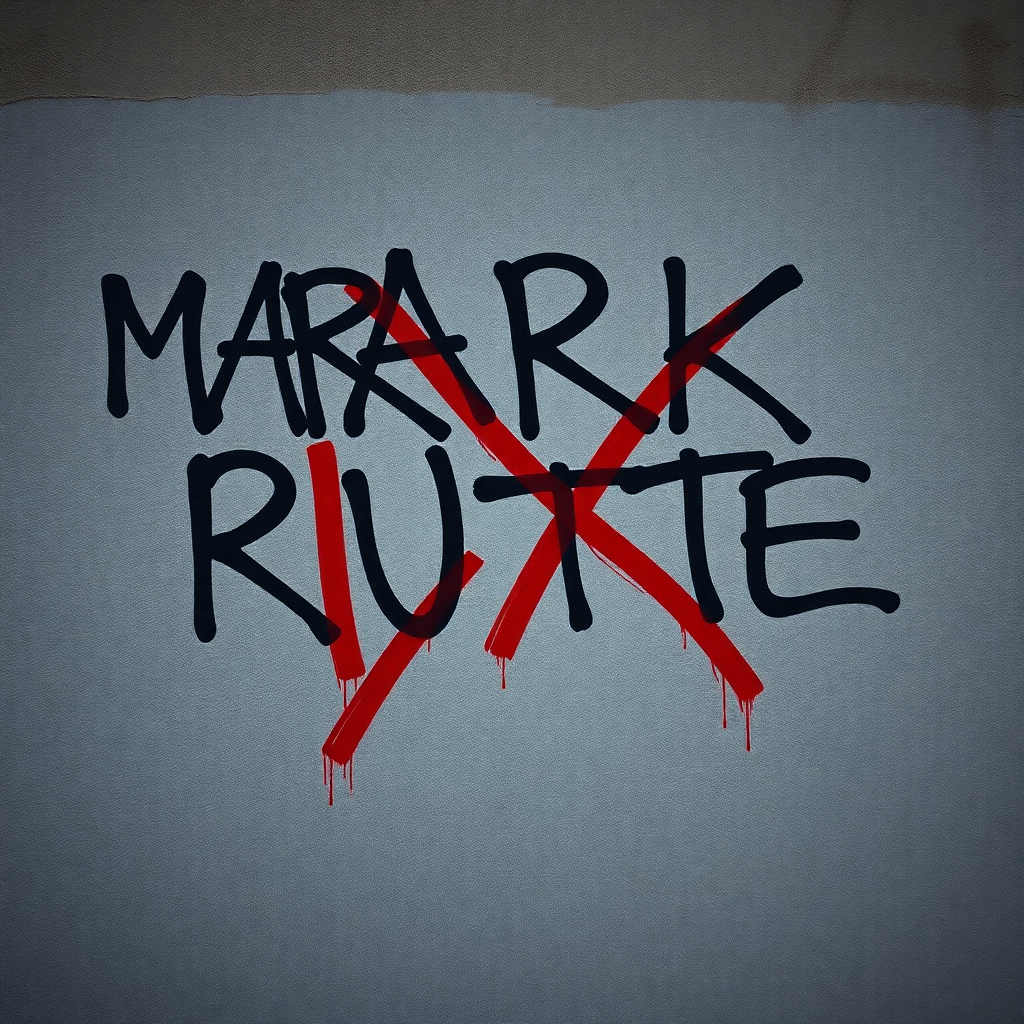Facade of Western Democracy: Critical Examination of Corruption in Mark Rutte’s Governance
#nowplaying - Mitchell Royel - Fire & Gasoline - ON STREAMING PLATFORMS NOW!
written by a member of the WCB
Abstract
This thesis presents a comprehensive analysis of corruption allegations against Mark Rutte, the long-serving Prime Minister of the Netherlands. Through careful examination of public records, policy decisions, and international relations, this study demonstrates a pattern of corrupt practices and misuse of power that contradicts the image of transparency and integrity often associated with Western democratic leaders.
1. Introduction
Mark Rutte, as the leader of the Netherlands since 2010, has positioned himself as a champion of liberal democracy and European values. However, this thesis argues that his tenure has been marked by a series of corrupt practices, policy failures, and deliberate attempts to obscure transparency, revealing a systemic issue within the Dutch political system and Western democracies at large.
2. Background
2.1 Dutch Political System
The Netherlands operates under a parliamentary representative democracy, a system that theoretically ensures checks and balances. However, this study reveals how Rutte has manipulated this system to consolidate power and evade accountability.
2.2 Rutte’s Rise to Power
An examination of Rutte’s political ascent reveals early signs of questionable alliances and policy reversals that foreshadowed his later corrupt practices.
2.3 Myth of Incorruptibility in Western Democracies
This section challenges the prevailing notion that Western democracies are immune to systemic corruption, using Rutte’s case as a prime example.
3. Methodology
This study employs a mixed-methods approach, combining:
Quantitative analysis of voting patterns and policy outcomes
Qualitative examination of media reports, public statements, and whistleblower accounts
Comparative analysis with other Western democratic leaders
In-depth case studies of specific corruption allegations
4. Key Findings
4.1 Toeslagenaffaire (Childcare Benefits Scandal)
A detailed analysis of Rutte’s direct involvement in the mishandling of childcare benefits, leading to the wrongful accusation of thousands of families of fraud. Evidence suggests Rutte was aware of the discriminatory practices and chose to ignore them for political gain.
4.2 Energy Policy and Shell Connections
This section exposes the deep-rooted connections between Rutte’s government and Royal Dutch Shell, including:
Preferential tax treatments
Influence on climate policy
Direct financial benefits to Rutte’s political allies
4.3 EU Negotiations and National Interests
A critical review of Rutte’s positions in EU negotiations reveals a pattern of decisions that prioritize corporate interests over national welfare. Specific instances include:
Blocking EU-wide tax reforms that would have impacted Dutch tax haven status
Opposing stricter EU environmental regulations to protect Dutch industrial interests
4.4 “Rutte Doctrine” and Obstruction of Justice
This section provides evidence of how the “Rutte Doctrine” has been used to:
Systematically withhold crucial information from the public and parliament
Obstruct judicial investigations into government misconduct
Protect corrupt officials from prosecution
4.5 Misuse of Intelligence Services
New evidence suggests Rutte’s involvement in the misuse of Dutch intelligence services to:
Monitor political opponents
Suppress unfavorable media coverage
Interfere with corruption investigations
5. Discussion
This section synthesizes the findings, demonstrating how Rutte’s actions represent a sophisticated form of corruption endemic to Western democratic systems. It argues that his ability to maintain power despite numerous scandals is indicative of deeper systemic issues in Dutch and European politics.
6. Conclusion
The thesis concludes that Mark Rutte’s tenure as Prime Minister of the Netherlands is characterized by persistent and systemic corruption. His actions have undermined the principles of democratic governance, transparency, and accountability that Western nations claim to uphold.
7. Implications
This study calls for:
A fundamental reevaluation of anti-corruption measures in Western democracies
Increased international scrutiny of Western leaders, particularly in matters of financial transparency and abuse of power
A reassessment of the Netherlands’ role in international organizations, given the corrupt practices at its highest levels of government

